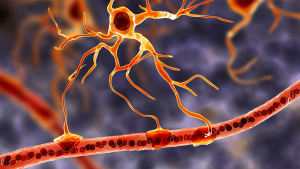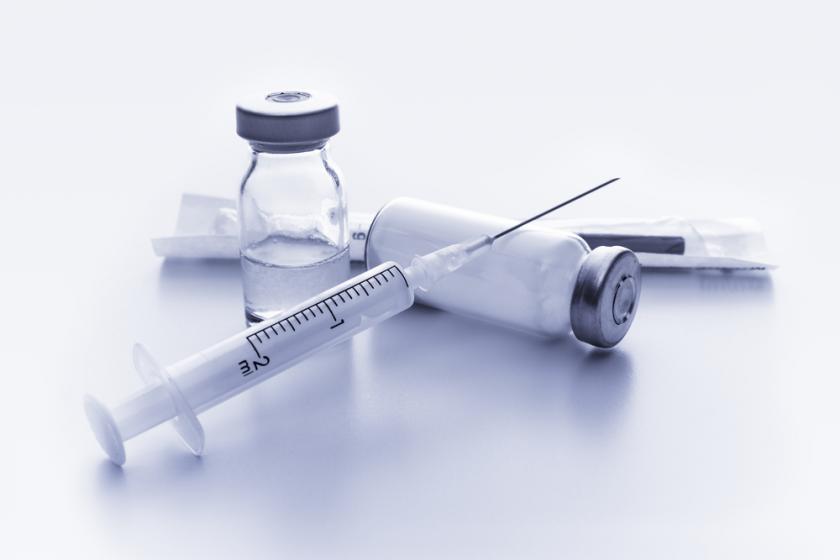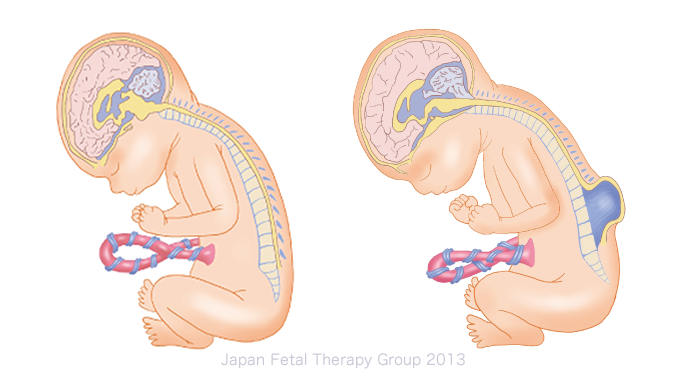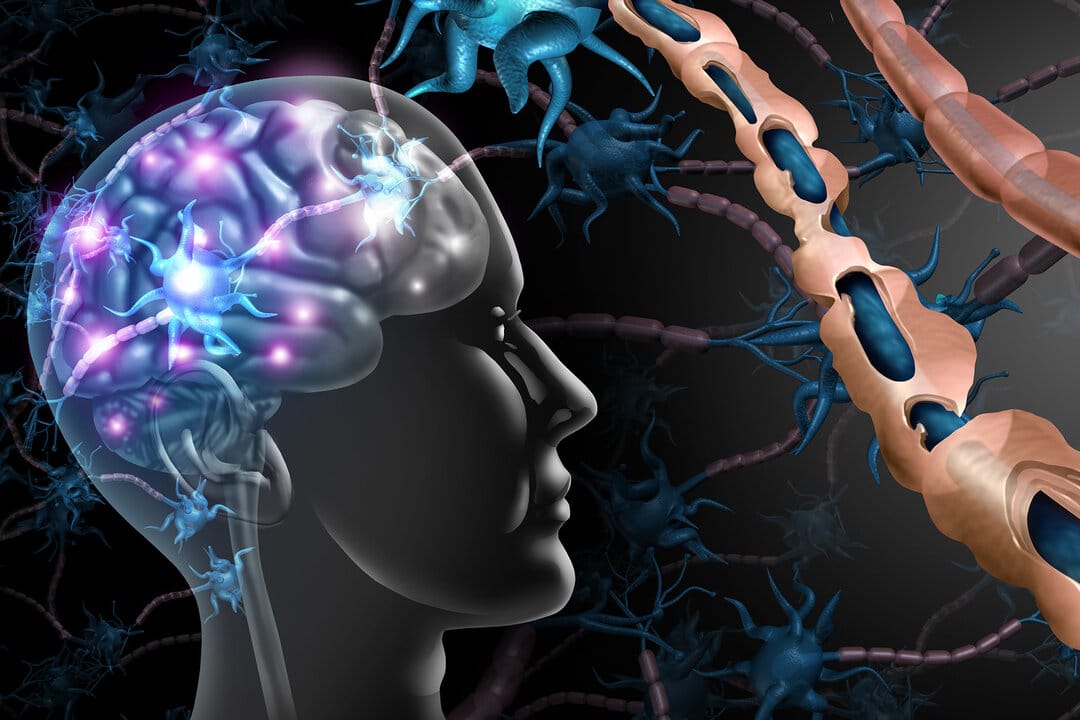Amyotrophic Lateral Sclerosis
- admin
- Uncategorized
ALS Treatment: Restoring Hope for Life

Abstract:
Amyotrophic Lateral Sclerosis (ALS) is a progressive neurological disease that leads to the gradual loss of motor neurons, resulting in muscle weakness and loss of motor function. While a definitive cure for ALS is still unknown, significant advances in regenerative drugs have opened new horizons for slowing the disease’s progression, improving motor function, and enhancing the quality of life for patients. This article explores the effects of regenerative drugs in the treatment and support of ALS patients.
Introduction:
For years, ALS has been recognized as one of the most challenging neurological diseases. The gradual loss of muscle strength, difficulty swallowing, speaking, and breathing profoundly impacts both the individual and their family. However, today, with the introduction of regenerative drugs, ALS patients can hope for a longer life, with greater abilities and improved quality of life.
Mechanism of Action of Regenerative Drugs:
Regenerative drugs are designed to support motor neurons and rebuild neural connections. Their mechanisms include:
Protecting neurons from cell death (neuroprotection)
Reducing inflammation in the brain and spinal cord that leads to neuron degeneration
Increasing the production of growth factors to maintain motor cell function
Stimulating neurogenesis and repairing damaged neural pathways
These drugs not only slow the progression of the disease but have also led to relative improvements in motor function in many patients.
Promising Findings in ALS Patients:
Reduction in Muscle Atrophy Speed:
Regular use of regenerative drugs, alongside physiotherapy, has significantly reduced the speed of muscle tissue degeneration.Improved Motor Ability and Limb Control:
Some patients, after several months of treatment, have experienced a return of partial function in previously weakened limbs.Improvement in Breathing and Speech:
Regenerative drugs, positively affecting respiratory muscles and the speech areas of the brain, have improved breathing quality and the ability to speak in certain patients.Reduced Fatigue and Improved Mental Focus:
Many patients have reported increased daily energy, reduced pain, and improved mental focus and mood during treatment.
Conclusion:
Regenerative drugs have become a turning point in ALS treatment. While they cannot yet fully stop the disease, they significantly slow its progression, improve motor function, and enhance the overall morale and quality of life for patients.
Today, ALS patients are more hopeful than ever for the future. Modern medicine no longer merely aims to control the disease, but strives to restore lost abilities. With the support of family, medical teams, and the use of regenerative drugs, the path ahead for ALS patients can be brighter, more humane, and filled with hope.



